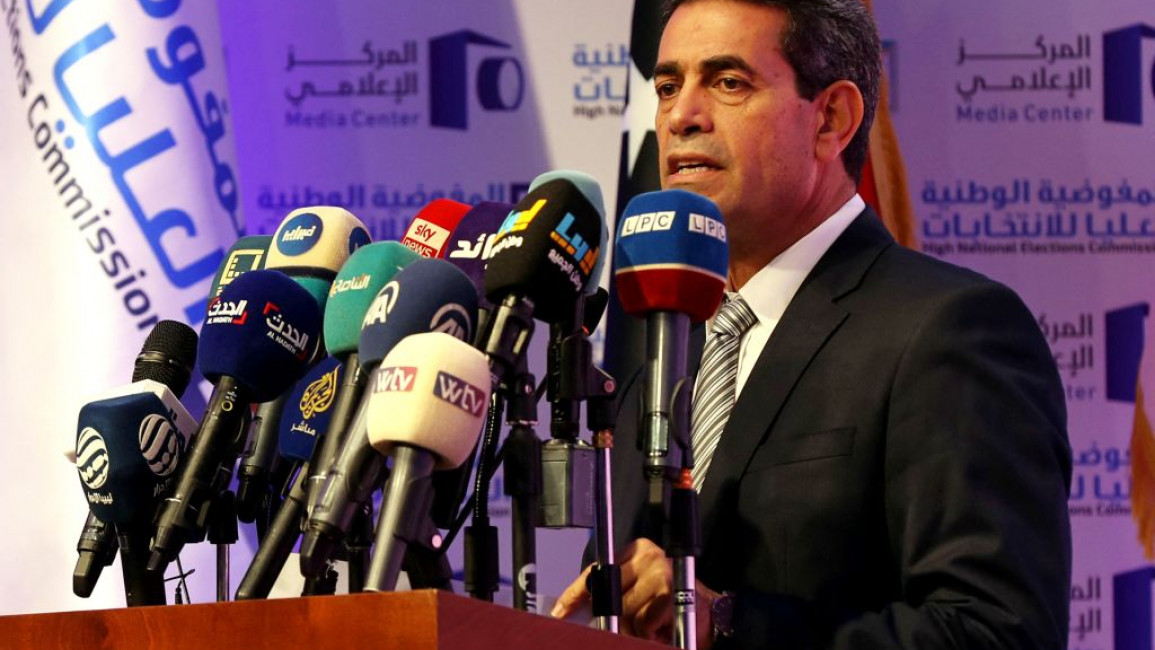Libya moves towards its first presidential election amid fears of stalled process
Libya's electoral commission will finalise preparations for presidential elections, according to the body.
Dr Emad Al-Sayeh, the head of the High National Elections Commission (HNEC), announced at a press briefing on Sunday that the body will set the electoral roll this week, open presidential candidacy nominations in November, and distribute voting cards in the coming weeks.
Al-Sayeh did not confirm the date of the first round of the elections, initially planned to take place on 24 December.
This declaration comes three days after a conference in Tripoli where several foreign powers and UN officials pressured Libya's interim government to move forward with the elections after stalls.
"Yes there are risks to holding elections, but there are greater risks to not holding elections. The final source of stability for this country will come from democratic legitimacy and a reset," Zara Linghi, a member of the Libyan Political Dialogue Forum - a UN-led dialogue platform bringing together 75 members of Libya's civil society - told the Guardian on Sunday.
Fears are running high among foreign donors that the interim government is trying to delay the election process. Some political actors have tried to deter the election out of fear of losing their power in the current transitional government.
Others are concerned that elections will lead to an eruption of violence in the country, long split by civil war. As many as 20,000 mercenaries and foreign fighters still operate in Libya.
Al-Sayeh provided further details on the electoral process, which will be a run-off in two rounds. Each presidential candidate needs 5,000 nominations to be accepted in the race.
The second round will take take place along with the legislative election, which has already been postponed.



